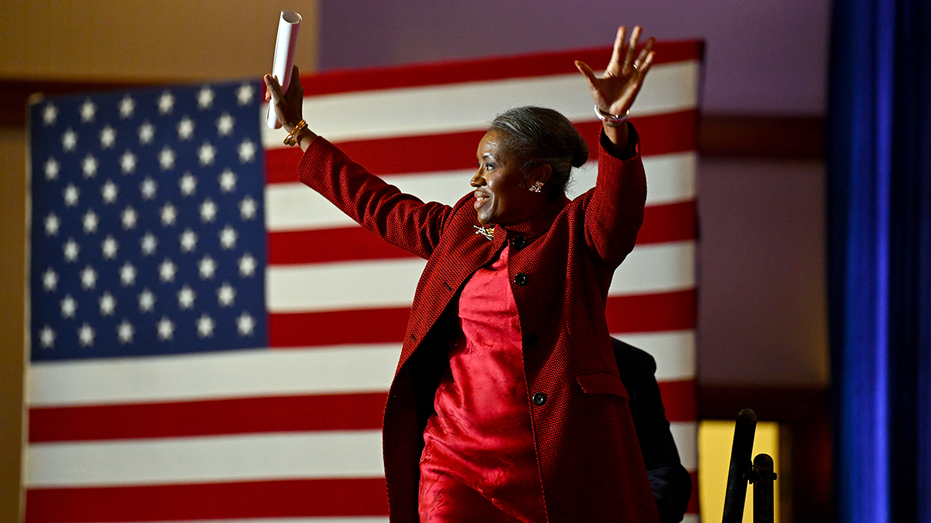A pivotal mayoral race in Jersey City is heading for a December runoff, as Council member James Solomon secured his place in the final contest. The election, held on Tuesday, saw a crowded field of seven candidates vying for the city’s top position, but none achieved a majority victory.
The race was particularly notable for the return of former New Jersey Governor James McGreevey to the political arena. Once considered the front-runner, McGreevey’s bid marked a significant chapter in his personal and political journey after a scandal forced his resignation nearly two decades ago.
McGreevey stepped down from the governorship in 2004 amidst revelations of an affair with a male staffer, a situation that unfolded while he was married to a woman. The ensuing threat of a sexual harassment lawsuit prompted his resignation and a subsequent period of introspection and change.
Following his departure from office, McGreevey publicly came out as gay and dedicated himself to faith-based community service, even attending seminary. He became the first openly gay governor in U.S. history, a distinction that added another layer to his complex story.
Jersey City, a vital urban center with a population approaching 303,000, sits directly across the Hudson River from New York City, making its mayoral election a matter of regional importance. The vacancy arose as longtime Mayor Steven Fulop chose not to seek another term, having recently launched an unsuccessful bid for the New Jersey governorship.
The central theme resonating throughout the campaign was affordability, a critical issue in a state known for its high taxes and escalating housing costs. Candidates presented diverse strategies to address the challenges faced by residents.
McGreevey campaigned on a promise to build 1,000 new affordable homes and mandate that 20% of all new developments include affordable housing units. Bill O’Dea, a Hudson County commissioner, focused on rent control and targeted affordable housing for essential workers like teachers, nurses, and first responders.
James Solomon, meanwhile, proposed ending what he described as a “pay-to-play” system of tax breaks for developers and curbing excessive rent increases. His platform aimed to directly address the root causes of rising housing costs within the city.
The Jersey City election unfolded alongside a closely watched congressional election in New Jersey, where Democratic Rep. Mikie Sherill secured a victory. Both races underscored the importance of local issues and the evolving political landscape within the Garden State.
With the runoff election scheduled for December 2nd, Jersey City residents now face the task of choosing between Solomon and his yet-to-be-determined opponent, a decision that will shape the future direction of this dynamic city.






